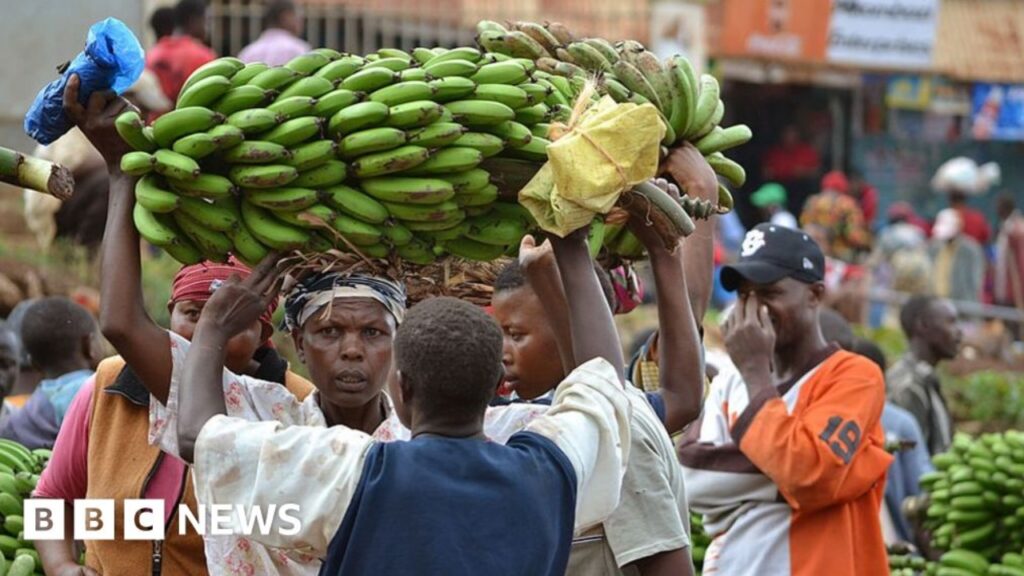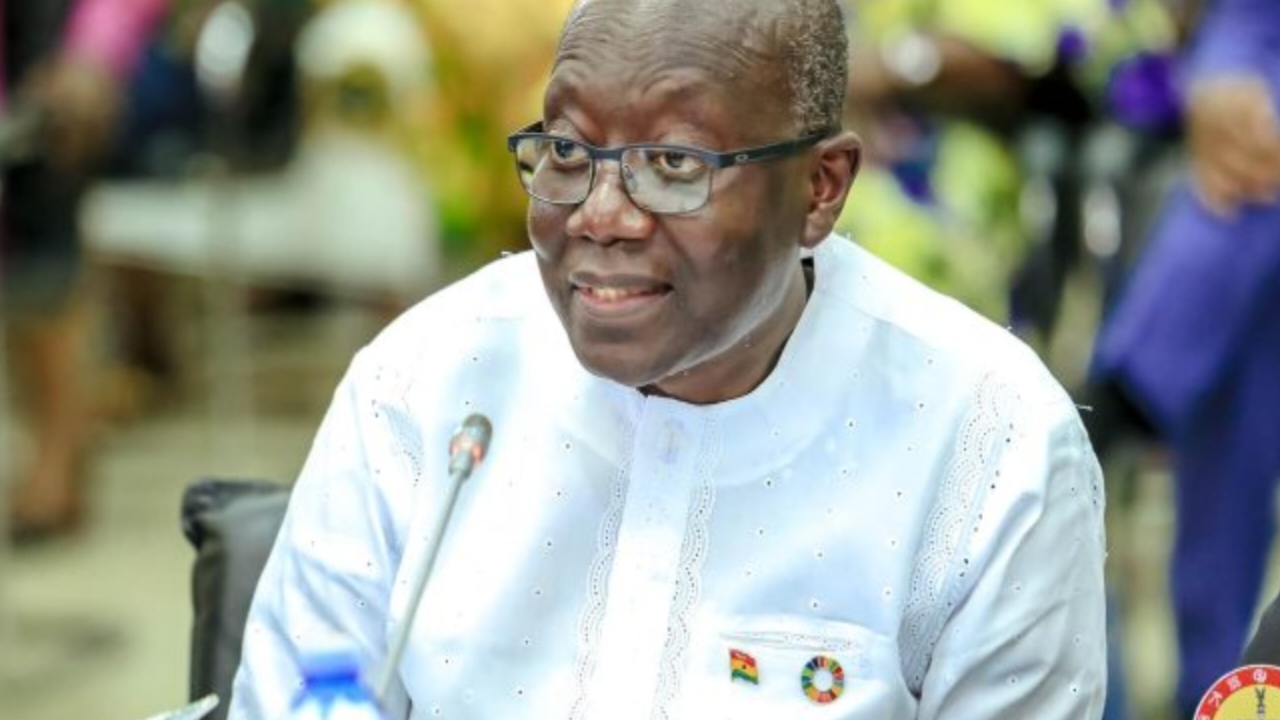Tanzania has suspended all agricultural imports from South Africa and Malawi. The move follows trade restrictions these countries placed on Tanzanian exports. The ban took effect at midnight, severely slowing activity at the Kasumulu border crossing with Malawi.
Agriculture Minister Hussein Bashe announced the decision on Wednesday. He explained that Tanzania must defend its business interests and called for mutual respect in trade. “We are taking this step to protect our business interests,” Bashe said.
Malawi, in March, imposed a temporary ban on imports like flour, maize, bananas, rice, and ginger. Authorities claimed the measure would protect local producers. “It is a strategic move to let local businesses thrive without immediate foreign competition,” Trade Minister Vitumbiko Mumba explained.
South Africa has blocked Tanzanian bananas for years. According to Bashe, these ongoing restrictions harm Tanzanian traders and are unfair.
Bashe assured citizens that the ban would not affect food security. “No Tanzanian will die from a lack of South African grapes or apples,” he said. “We are acting to protect Tanzanian interests.”
Neither South Africa nor Malawi has commented on Tanzania’s response. At the border, lorries that usually carry produce now sit idle. Only a few trucks carrying fuel moved through.
Happy Zulu, a local business operator, said drivers are struggling. “They’re now trying to find alternative goods to transport. It’s difficult because they relied on agricultural produce,” Zulu told BBC.
Last Saturday, Bashe shared a video of rotting bananas stuck at the border. He said the scene reflected Tanzania’s growing frustration. Recently, tons of tomatoes also spoiled after Malawi blocked Tanzanian trucks.
Malawi has become a key market for Tanzanian exports, which tripled between 2018 and 2023. While Tanzania can turn to markets in Kenya or Namibia, Malawi depends on Dar es Salaam’s port for trade and fuel.
If Malawi loses access to that route, it may need to use more costly Mozambican ports like Beira or Nacala.
Bashe clarified that the import ban is not meant to spark a trade war. “Tanzania will not continue to allow unequal market access to persist at the expense of its people,” he said.













